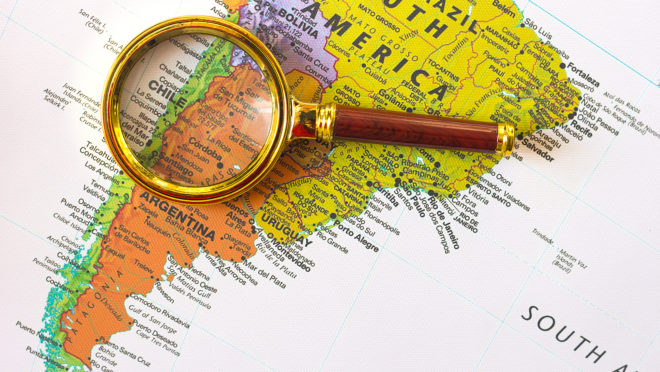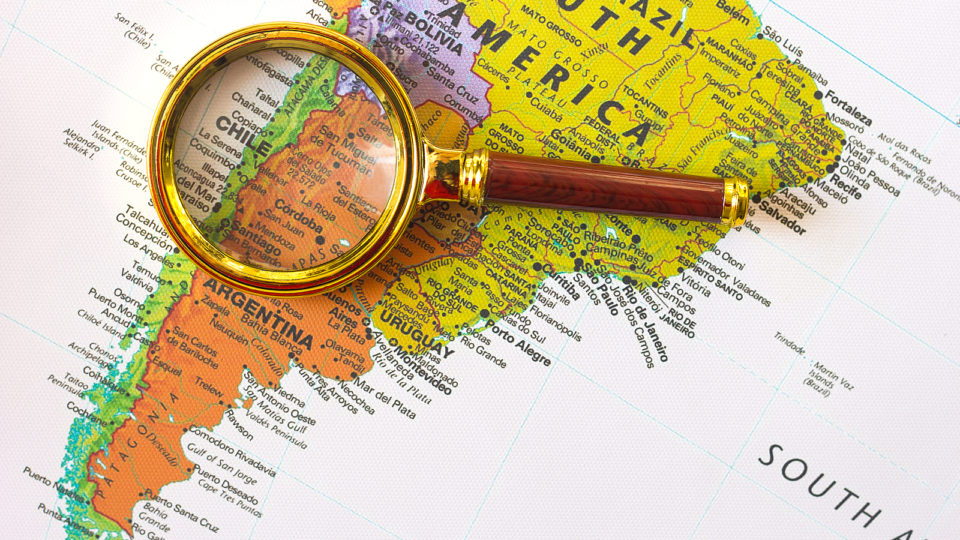Chile and Argentina dispute over maritime borders
2 min read

On Sunday, Chile refuted Argentina’s accusations that it intends to “allocate” part of its continental shelf and a large marine area, and stressed that “no one takes what belongs to it.”
“No one seizes what belongs to them. The designated area, the so-called legal continental shelf, which is 200 miles long, belonged to Chile in its own right from the beginning, just because we have the status of a coastal state” commented Chilean Foreign Minister Andres Allamand.
“There is historical continuity in the Chilean position and approach,” Alemand said in an official statement at the Palacio de la Moneda, the presidential headquarters.
In 2009, when Argentina applied for a crescent of the continental shelf extending southeast of point F (the southernmost defined in the 1984 Treaty of Peace and Friendship), “Chile indicated that this claim was inconceivable and reserved their rights,” Allamand explained.
And it did the same in 2016, “when the United Nations Commission on the Limits of the Continental Shelf decided on this Argentine claim,” and in 2020, “when Argentina legally determined through an act in Congress the boundaries of the extended continental shelf,” he added.
What do you say Argentina?
The Chilean minister’s reaction came just a day after Argentine Chancellor Felipe Sola denounced the recent Chilean update of Marine Scheme 8, which demarcates the maritime boundary, as “extraordinary progress eastward”.
The minister announced in a statement that “this measure aims to bring down the continental shelf east of the 67th meridian, which does not conform to the Treaty of Peace and Friendship signed between the two countries in 1984.”
But the two governments have expressed their willingness to resolve the dispute through dialogue.
The Chilean minister concluded that “Chile appreciates very positively the agreement that exists between the two foreign ministries that this difference must be resolved through dialogue, in accordance with the historical brotherhood of our peoples and international law.”

“Devoted food specialist. General alcohol fanatic. Amateur explorer. Infuriatingly humble social media scholar. Analyst.”




